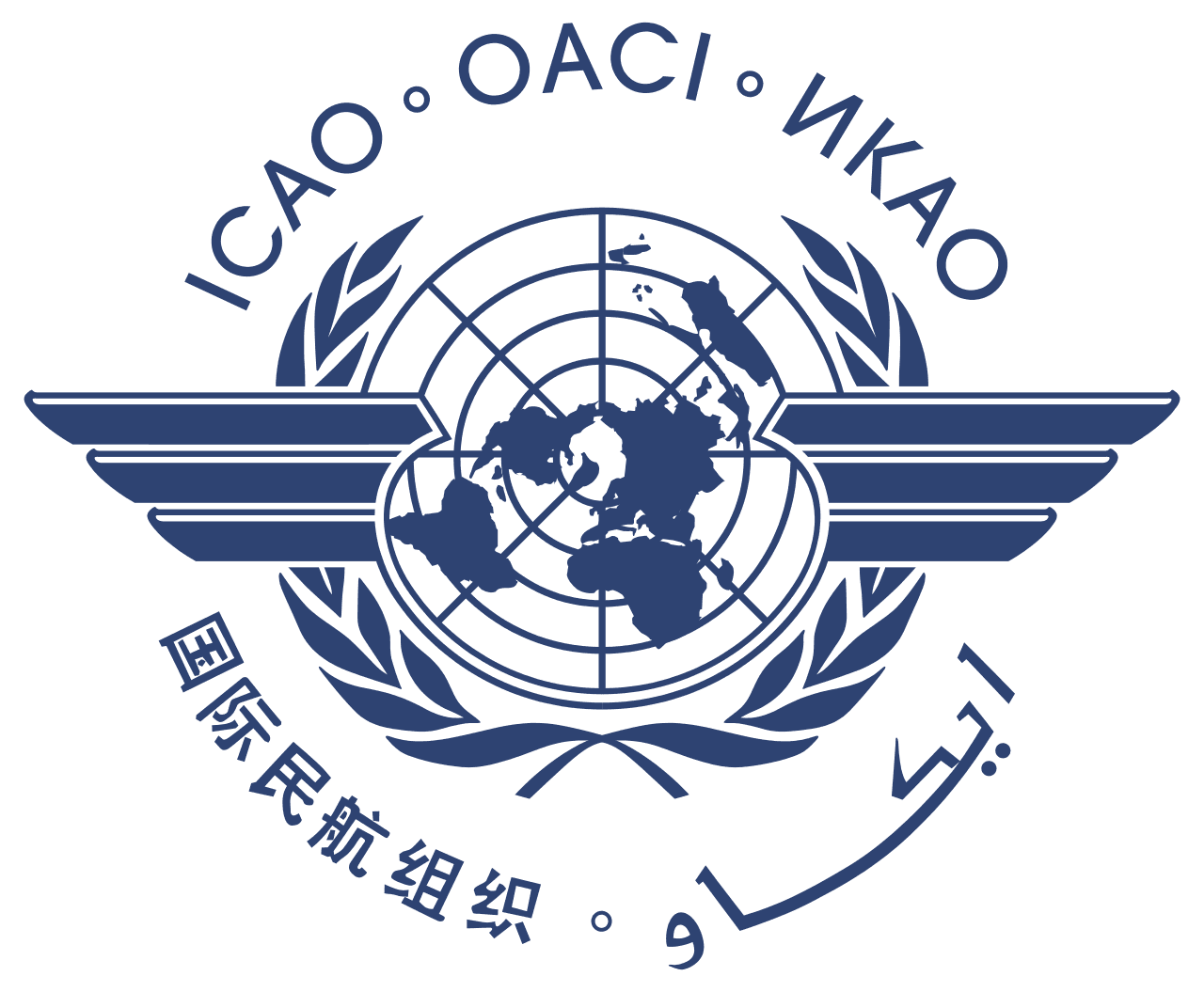
International Civil Aviation Organization

Juan Carlos Salazar Gómez (Secretary-General of the International Civil Aviation Organization)
Summary
The International Civil Aviation Organization (ICAO) is a United Nations specialized agency that coordinates international air navigation principles and techniques, and promotes the planning and development of international air transport to ensure safe and orderly growth. The organization is headquartered in Montreal, Quebec, Canada, and plays a vital role in establishing and maintaining standards for aviation safety, security, and efficiency on a global scale.
History
The International Civil Aviation Organization (ICAO) is a specialized agency of the United Nations that was created to promote the safe and orderly development of international civil aviation throughout the world. It was established on December 7, 1944, by the Convention on International Civil Aviation, also known as the Chicago Convention.
The Chicago Convention was signed by 52 countries, and it established the basic principles and standards for international civil aviation, including the recognition of the sovereignty of states over their airspace, the promotion of cooperation among states to develop safe and efficient air transport, and the establishment of a regulatory framework to ensure the safety and security of civil aviation.
The first meeting of the ICAO Assembly was held in Montreal, Canada, in 1947, and it was attended by representatives from 54 member states. Since then, the ICAO has grown to become a global organization with 193 member states and over 1,000 employees.
Over the years, the ICAO has played a critical role in the development of international civil aviation, including the adoption of international standards and recommended practices for the design and operation of aircraft, the establishment of procedures for the management of air traffic, and the development of regulations and guidelines for the safe transportation of dangerous goods by air.
One of the most significant contributions of the ICAO to the aviation industry has been the development of the global air navigation system. The organization has worked closely with member states, regional organizations, and industry stakeholders to develop and implement the system, which includes a network of ground-based navigation aids, communication systems, and satellite-based navigation technologies.
The ICAO has also been actively involved in promoting sustainable development in aviation. It has worked to reduce the environmental impact of aviation by developing guidelines and standards for the management of noise, emissions, and other environmental issues. In addition, the organization has supported the development of alternative fuels and the implementation of more fuel-efficient technologies.
In recent years, the ICAO has been focused on enhancing the security of international civil aviation. It has worked to develop and implement security standards and recommended practices, and it has provided training and technical assistance to member states to enhance their security capabilities.
Today, the ICAO continues to play a critical role in the safe and efficient development of international civil aviation. Its work is guided by the principles of safety, security, efficiency, and sustainability, and it is committed to working with member states and industry stakeholders to address the challenges and opportunities facing the aviation industry in the years ahead.
Goals and Purpose
The primary goal of the International Civil Aviation Organization (ICAO) is to promote the safe and efficient development of international air navigation. This involves developing and maintaining the principles and techniques of international air navigation, as well as fostering the planning and development of international air transport to ensure safe and orderly growth.
In order to achieve this goal, the ICAO has several key objectives. These include:
Safety: The ICAO is committed to ensuring the highest levels of safety in international aviation. This involves developing and implementing safety standards and regulations, as well as promoting the adoption of best practices in aviation safety.
Security: The ICAO works to enhance the security of international aviation by developing and implementing standards and regulations related to security measures and procedures.
Environmental Protection: The ICAO recognizes the impact of aviation on the environment and is committed to minimizing that impact. This involves developing and implementing policies and procedures to reduce greenhouse gas emissions, noise pollution, and other environmental impacts.
Economic Development: The ICAO recognizes the important role that aviation plays in economic development and is committed to promoting the growth of the industry in a sustainable and responsible manner. This involves working to improve air transport infrastructure, promoting the adoption of new technologies, and facilitating the development of new air routes.
Impact
The impact of the International Civil Aviation Organization (ICAO) has been significant in promoting the safe and orderly growth of international air transport. ICAO has played a key role in creating and implementing global standards and recommended practices for aviation safety, security, and environmental protection.
ICAO has also helped to foster cooperation and collaboration between different countries and stakeholders in the aviation industry. By providing a forum for discussion and decision-making, ICAO has facilitated the development of common policies and practices that have enhanced the efficiency and effectiveness of air transportation.
Furthermore, ICAO has been instrumental in promoting the development and modernization of aviation infrastructure in many parts of the world. Through its technical assistance and training programs, ICAO has helped to build the capacity of countries to implement aviation standards and improve their aviation systems.
References
https://libyaupdate.com/icao-delegation-visits-libya-in-efforts-to-lift-ban-on-aviation/
https://theicct.org/publication/global-aviation-icao-net-zero-goal-jan23/
https://simpleflying.com/nigerian-civil-aviation-authority-regulation-changes/
https://simpleflying.com/india-retains-faa-category-1-status/
Dive deeper into fresh insights across Business, Industry Leaders and Influencers, Organizations, Education, and Investors for a comprehensive view.

Juan Carlos Salazar Gómez (Secretary-General of the International Civil Aviation Organization)
